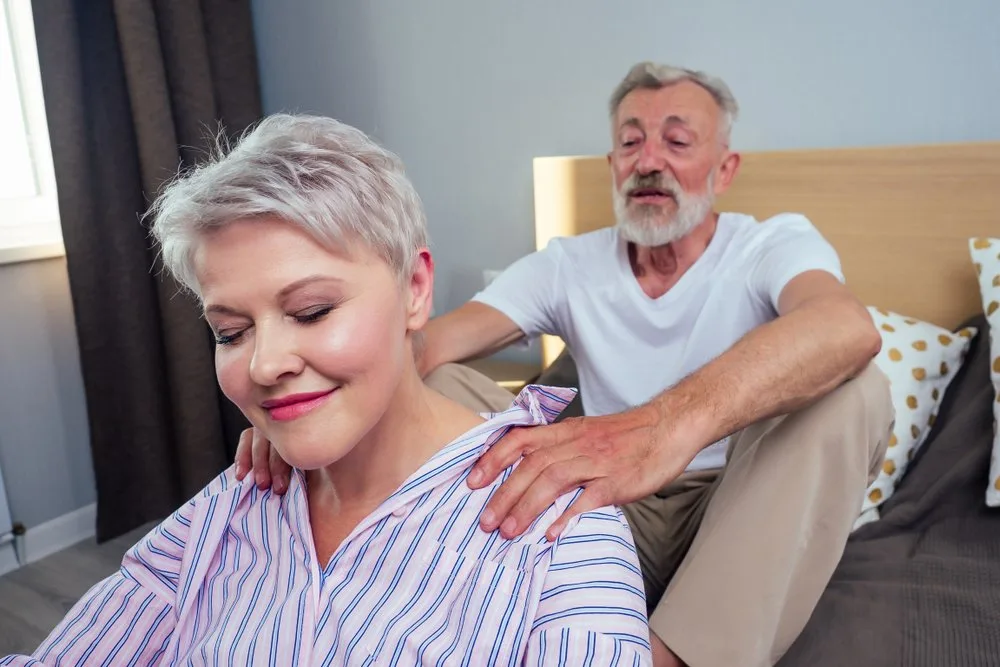As couples embark on the journey of aging together, the prospect of transitioning into an assisted living community can evoke a mix of emotions. However, contrary to common misconceptions, assisted living can offer numerous benefits for couples, fostering a supportive environment where they can thrive together. In this article, we’ll explore how couples can make the most out of their experience in assisted living communities, from embracing the advantages to overcoming challenges and strengthening their bond along the way. Longevity Live Paid Content.
Benefits of Assisted Living for Couples
Assisted living communities provide a range of amenities and services tailored to meet the diverse needs of residents, making it an attractive option for couples facing age-related challenges. One of the primary benefits is access to personalized care and assistance with activities of daily living, such as bathing, dressing, and medication management. For couples, this means peace of mind knowing that professional support is readily available, allowing them to focus on enjoying each other’s company and maintaining their quality of life.
Moreover, assisted living communities often offer a variety of recreational and social activities designed to promote engagement and well-being. From fitness classes and cultural outings to arts and crafts workshops, couples have ample opportunities to explore shared interests and cultivate new hobbies together. These activities not only enrich their lives but also strengthen their bond by fostering a sense of connection and companionship within the community.
Strategies for Thriving as a Couple
Communication and Support
Effective communication is key to navigating the transition to assisted living as a couple. Open and honest dialogue allows partners to express their concerns, preferences, and expectations, fostering a sense of understanding and mutual support. Couples should make time to discuss their individual needs and desires regarding their living arrangements, care preferences, and social engagement to ensure that both parties feel heard and respected.
Additionally, couples can benefit from seeking support from staff members, fellow residents, and family members. Assisted living communities often provide access to counseling services, support groups, and educational workshops aimed at helping couples cope with the emotional and logistical challenges of aging. By tapping into these resources, couples can gain valuable insights, practical advice, and emotional encouragement to navigate the ups and downs of their journey together.
Participating in Community Activities
Active engagement in community activities is another essential strategy for couples to thrive in assisted living. By participating in group outings, social events, and recreational programs, couples can connect with their peers, forge new friendships, and create meaningful memories together.
These shared experiences not only promote socialization and mental stimulation but also foster a sense of belonging and purpose within the community.
Furthermore, couples should take advantage of opportunities to volunteer and contribute to the community in meaningful ways. Whether it’s organizing a charity drive, leading a discussion group, or sharing their talents through artistic performances, active involvement allows couples to make a positive impact and strengthen their sense of connection to their surroundings.
Overcoming Challenges
While assisted living offers numerous benefits for couples, it’s not without its challenges. Adapting to a new environment, coping with health issues, and navigating changes in roles and routines can present significant obstacles for couples transitioning into assisted living. However, with patience, flexibility, and resilience, couples can overcome these challenges and emerge stronger than ever.
One common challenge is adjusting to a smaller living space and sharing common areas with other residents. Couples can mitigate this challenge by personalizing their living quarters to reflect their preferences and interests, creating a comfortable and familiar environment that feels like home. Additionally, establishing boundaries and respecting each other’s privacy can help couples navigate shared living spaces and maintain harmony within the community.
Another challenge couples may face is managing healthcare needs and coordinating care services effectively. By proactively communicating with healthcare providers, advocating for their needs, and staying informed about available resources, couples can ensure that they receive the support and assistance they need to maintain their health and well-being.
Conclusion
Transitioning into assisted living can be a transformative experience for couples, offering opportunities for growth, connection, and fulfillment in their later years. By embracing the benefits, employing effective strategies, and overcoming challenges together, couples can thrive in assisted living communities and continue to enjoy a rich and meaningful life together. With communication, support, and active engagement, couples can navigate this new chapter with grace, resilience, and love, creating lasting memories and cherished moments every step of the way.





![women [longevity live]](https://longevitylive.com/wp-content/uploads/2020/01/photo-of-women-walking-down-the-street-1116984-100x100.jpg)










